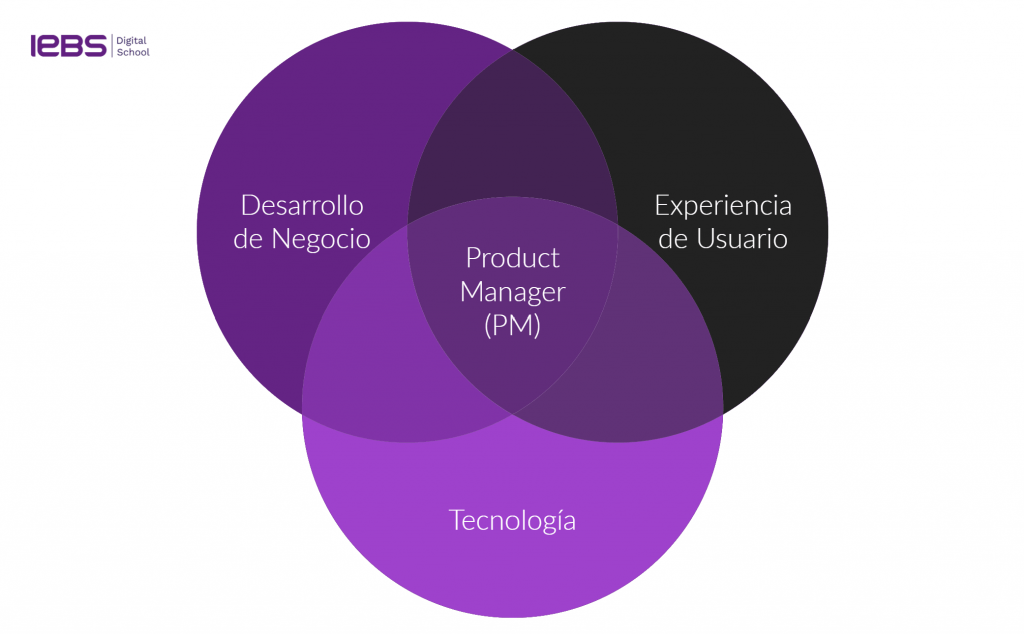Uncover the fundamental elements of Product Management, delving into its benefits, functions, tasks, responsibilities, requirements, skills, and learning pathways. This comprehensive guide aims to provide insights into the key components of this dynamic field, offering opportunities for career growth and development. Learn how mastering the Essential Aspects of Product Management can propel your professional journey forward, shaping your success in the industry.

Benefits of Product Management
-
Increased Connections: In product management, the opportunity to interact with various stakeholders, from developers to marketers, allows you to expand your professional network significantly. Building strong relationships with different teams and individuals not only enhances your product management skills but also opens doors to new career opportunities.
-
High Job Demand: Product management is a field with a consistently growing demand for skilled professionals. As companies strive to innovate and stay competitive in the digital market, the need for adept product managers is on the rise. This high job demand ensures a plethora of job opportunities for aspiring product managers, offering a promising career path in the industry.
-
Career Flexibility: One of the essential aspects of product management is the development of transferable skills that are valuable across diverse roles within the digital startup industry. The expertise gained in areas such as market research, product development, and project management equips you with a versatile skill set, allowing you to explore various career paths and adapt to changing job trends within the industry.

Functions of Product Management
In the dynamic landscape of digital startups, product management plays a pivotal role in steering companies towards success. Product managers are entrusted with driving product innovation, ensuring that the offerings stand out in a fiercely competitive market. By spearheading the creation of novel products, they enable companies to stay ahead of the curve and meet evolving consumer demands effectively.
Another crucial function of product management is to uphold financial stability within the organization. Product managers are tasked with not only conceptualizing innovative products but also ensuring that these offerings are financially viable and aligned with revenue goals. By meticulously managing finances and revenue streams, product managers safeguard the sustainability and growth of the product portfolio, fostering long-term success in the market.

Responsibilities of Product Management
In product planning, product managers play a critical role in creating comprehensive product development plans that encompass budgets and timelines. This entails strategizing the roadmap for product launches, feature enhancements, and aligning resources to meet project milestones effectively.
Market research and customer analysis form the basis for informed decision-making in product management. Product managers delve into gathering market insights, analyzing consumer behavior trends, and leveraging data-driven approaches to understand customer needs and preferences, guiding product enhancements and innovations.
Marketing strategy development is a core responsibility for product managers to ensure successful product promotion. From identifying target audiences to crafting compelling messaging and selecting optimal marketing channels, product managers drive the formulation of strategies that resonate with customers, maximize reach, and strengthen brand positioning in competitive markets.

Skills of Product Management
In the realm of product management, possessing an acute sense of Business Acumen is paramount. This skill extends beyond surface-level knowledge, diving deep into business concepts and metrics. Aspiring product managers need to grasp the complexities of revenue models, cost structures, and profit margins to make informed decisions that drive product success.
Another key skill integral to product management success is Strategic Planning. Proficiency in planning, scheduling, and resource coordination is essential for navigating the dynamic landscape of digital startups. The ability to set clear objectives, prioritize tasks effectively, and adapt strategies in response to market shifts is crucial for achieving long-term product goals.
Moreover, Market Understanding stands as a fundamental pillar in the realm of product management. Aspiring professionals must interpret commercial needs, conduct in-depth competitor analysis, and stay abreast of industry trends to develop products that resonate with target audiences. This skill ensures that product strategies are aligned with market demands for sustainable growth and competitive advantage.

Learning Product Management
To navigate the dynamic landscape of product management, establishing a solid foundation is crucial. Begin by immersing yourself in valuable resources like e-books, industry blogs, and online platforms. These sources can provide insights into fundamental principles, best practices, and emerging trends essential for aspiring product managers in the digital startup realm.
Certification courses play a pivotal role in enhancing your credibility and expertise within the product management domain. Enrolling in formal programs not only equips you with industry-recognized credentials but also offers hands-on experience through practical projects and case studies. This structured approach can significantly bolster your understanding and proficiency in product management processes.
Skill development is a continuous journey that demands a proactive approach to align with the evolving industry requirements. Identify key skills such as market research, UX design, data analysis, and strategic planning that are highly sought after in the digital startup ecosystem. By honing these specific competencies through targeted training and practice, you can position yourself as a valuable asset in the competitive product management landscape.
